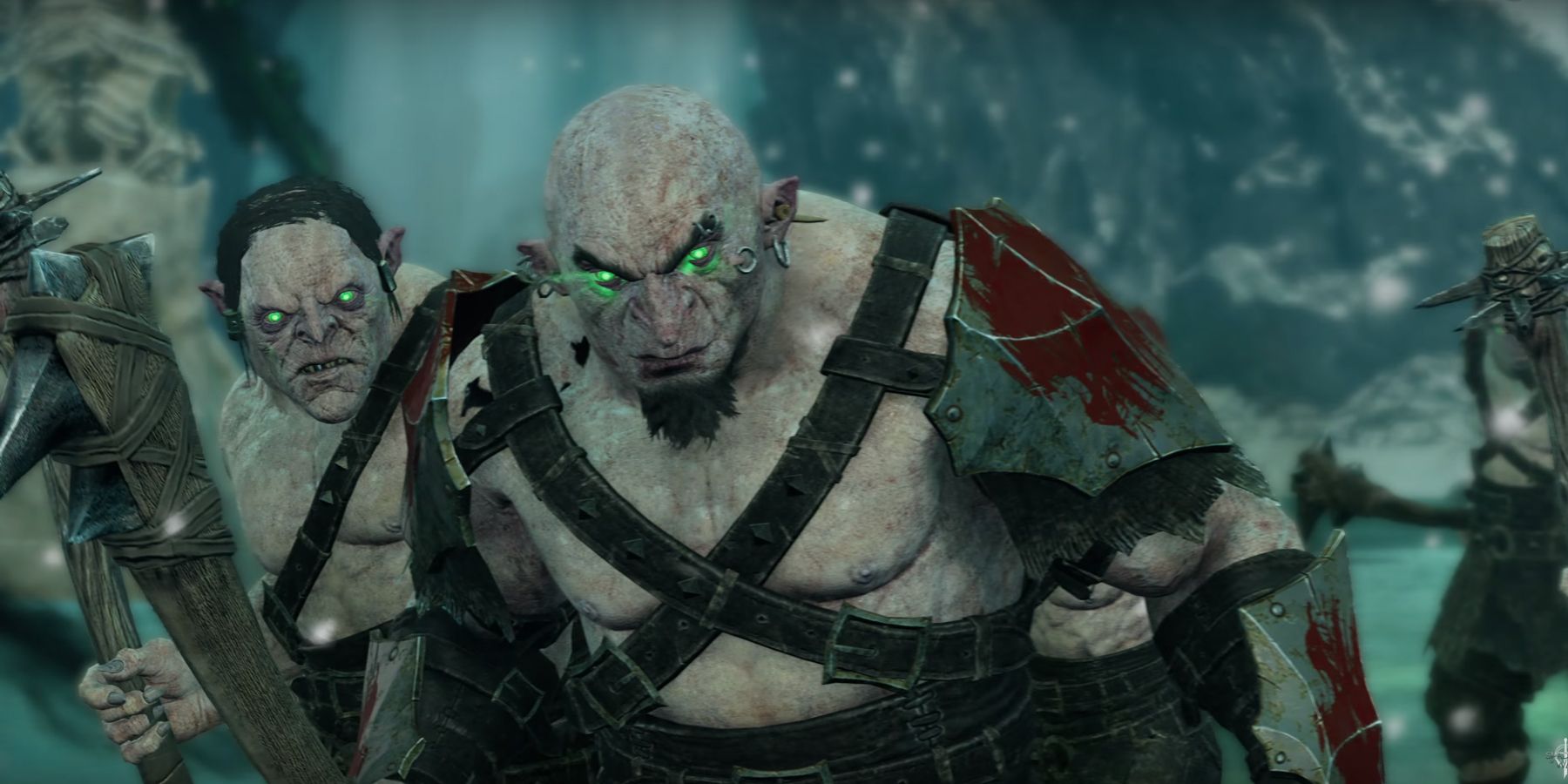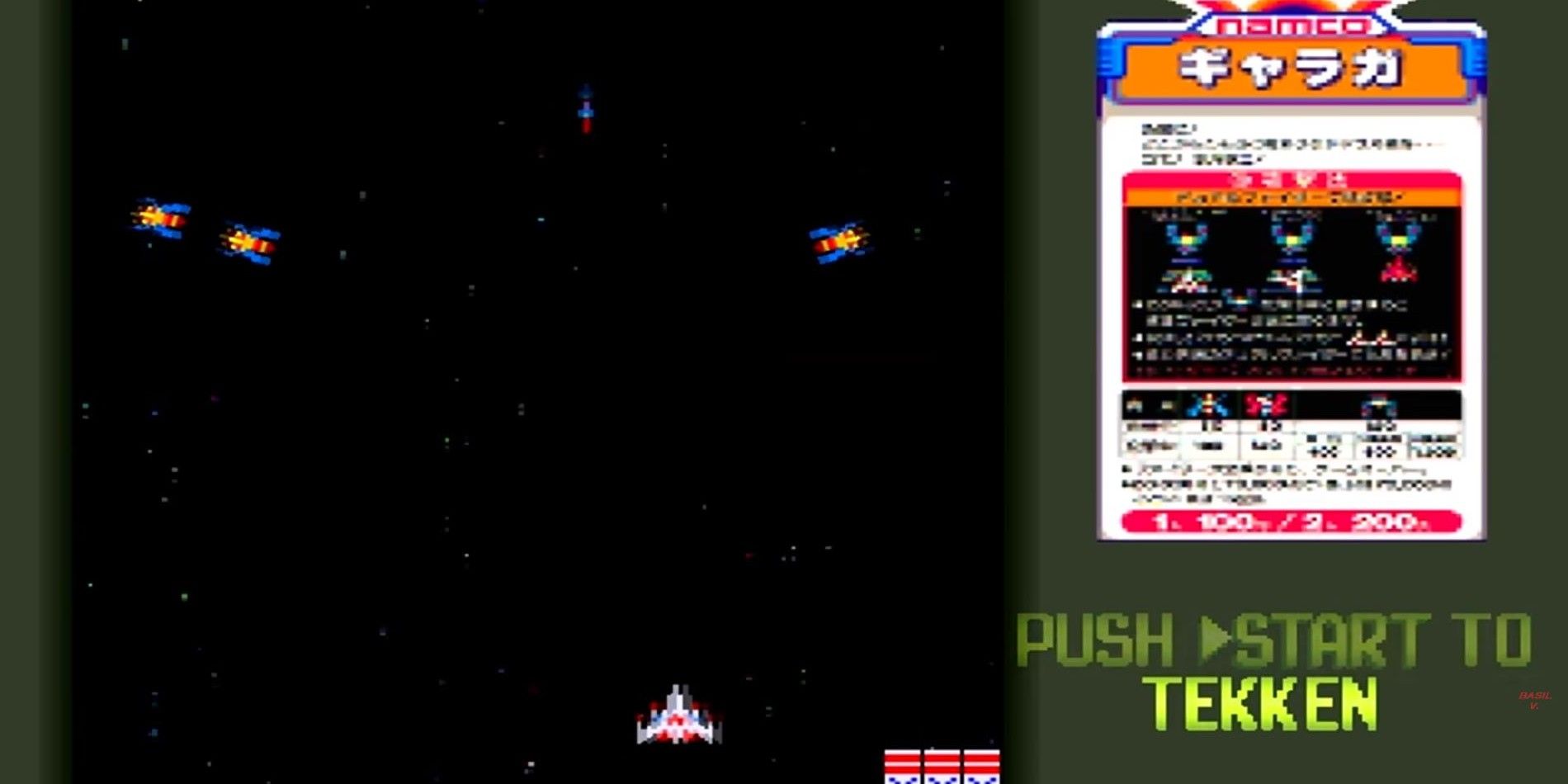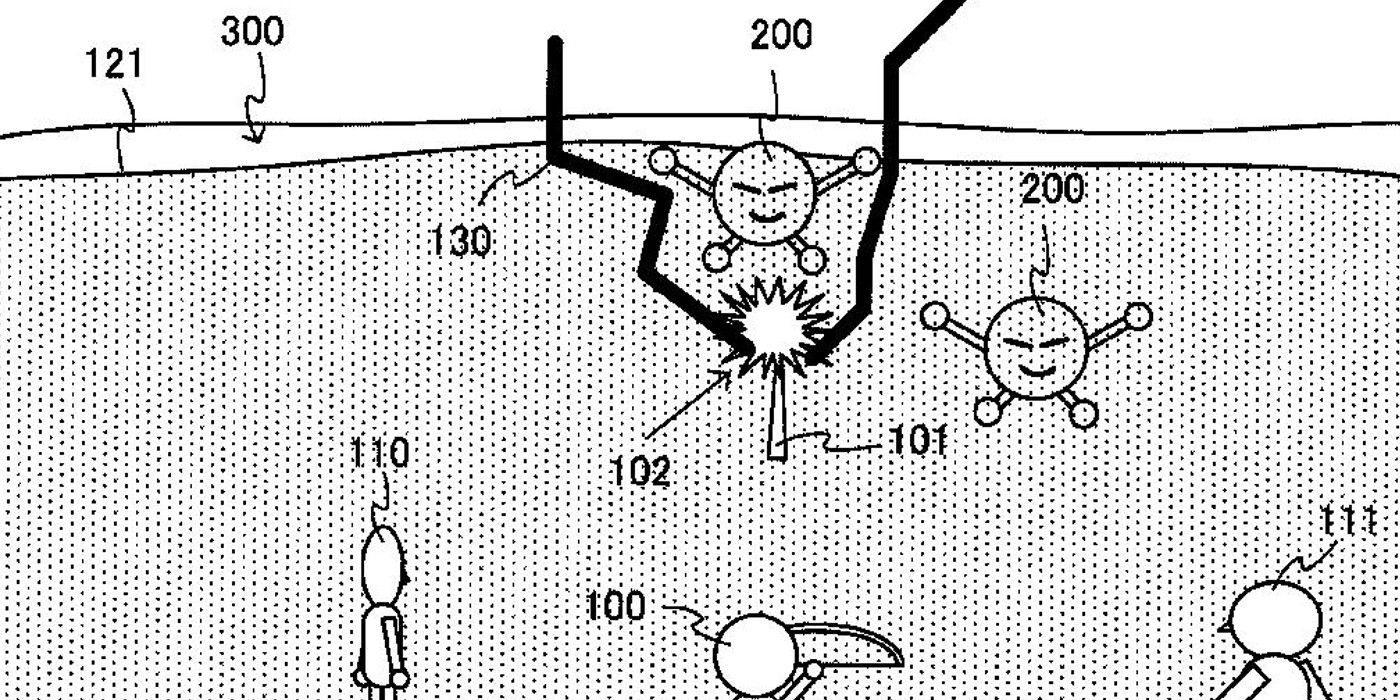Some players still have fond memories of The Legend of Zelda: Tears of the Kingdom, but it seems the game’s most lasting legacy might be a negative one, as Nintendo’s filing of numerous patents associated with Tears of the Kingdom’s design could stifle creativity in the gaming industry at large. Nintendo is already infamous for its draconian litigation approach, lashing out at everything from musical tributes and nonprofit fan games to emulation, which plays an increasingly vital role in game preservation. The plethora of TOTK related patents mean Nintendo could try to limit the possibility of games that refine and improve on concepts introduced in the most recent Zelda game.
After the release of Breath of the Wild, any game with a similar style of art direction and a vibrant open world was viewed as a BOTW clone to some, including early footage of Genshin Impact, which has gone on to carve out its own fandom. Refinement is critical for games to evolve, and games that build on the concepts or aesthetic of an earlier title often provide a more enjoyable experience than the games that inspired them. From the corporate perspective, Nintendo is protecting its IP and assets, but for the medium of video games, excessive and broad patents harm the hobby by limiting growth and refinement.
WB Patenting Nemesis Hurt Gaming, But Nintendo’s TOTK Patents Could Be Worse

When a game creates a new innovation it can make for a standout title, but that innovation can also push the entire medium forward as other developers find creative ways to implement it. The Nemesis System from Middle-earth: Shadow of Mordor was a novel idea that held great potential, but WB’s patent on Nemesis hurt gaming by closing the door to creative visions for the concept that could come from outside developers. A successful innovation can often birth a new genre or subgenre for video games, but if it is patented and protected through overzealous litigation, as Nintendo is seemingly eager to do, the advancement of the medium suffers.
Some of the patents Nintendo has filed in Japan, as reported by Automaton, include gaming elements that certainly predate TOTK in function, if not the specific coding associated with them. These include the method by which Link can fire an arrow that triggers his ally Riju to deliver a lightning attack. Arrows delivering additional elemental damage existed in video games (and tabletop RPGs like Dungeons & Dragons) long before TOTK, as have mechanics for triggering NPC combo attacks. Other patents deal with game physics, a dubious area for any patent application, as approaches for video games to emulate real world physics should never be monopolized by a single publisher.
The specific coding of how TOTK‘s Ultrahand cannot move an object that Link is standing on was part of Nintendo’s line of patents related to TOTK. This could limit any future games that feature telekinesis or similar object manipulation powers from applying the same basic limit to object movement, which could be a critical component of game balance or puzzle design. Others deal with the specific coding of how Link’s movement pairs with an independently moving object he might be standing on, like a player constructed minecart. Any developer that discovers a clever way to use code to simulate physics has made a notable contribution, but restrictions harm the industry.
Namco’s Patent On Loading Screen Mini-Games Made PS1 Era Loading Awful

If Tears of the Kingdom does have an ideal way to code moving object and player character interaction, then it should absolutely be used industry-wide. Patenting an optimal coding approach forces all other developers dealing with similar subject matter to use a suboptimal coding approach, which means the games suffer, as do consumers who receive more inferior products. Aesthetic flourishes, like the way fast travel is presented visually while the game loads, were also patented, limiting players from enjoying a similar experience outside of Nintendo’s games. Whether the patents filed in Japan will be enforceable remains dubious, but based on its track record, Nintendo is certainly likely to try.
The damage patent overreach has done to the gaming medium is already firmly established. In the mid-1990s Namco filed a patent on loading screen mini-games which added up to hours of entirely avoidable boredom in the era of disc-based games with long load times. Namco games during the original PlayStation generation, like the early Tekken titles, would offer a simple legacy game from Namco’s catalog while the more advanced (for their time) PlayStation game loaded. Veteran gaming fans recall the exorbitantly long load times for games like the original Tomb Raider, where having a simple game to play instead of a static loading screen would have been welcome.
Namco’s patent expired ten years later, but by that time loading screens were less problematic in games, and now PCs and home consoles with SSDs have effectively eliminated them. The patent impacted gaming during the era where loading screen mini-games could have been of the most value, giving one company a unique selling point, but damaging the medium of gaming at large. Namco made loading screens a tedious experience for an entire gaming generation, and WB Games has choked the creative potential other developers could bring out of the Nemesis System. The myriad patents Nintendo has filed similarly go beyond protecting the integrity of Tears of the Kingdom.
The Zelda TOTK Patents Harm The Future Of Gaming

The way Tears of the Kingdom incorporated on-the-fly crafting mechanics and physics-based puzzles into the traditional Zelda adventure formula helped make it feel like more than a simple Breath of the Wild expansion. Forward-thinking players were likely already looking beyond TOTK, eager to see more games provide the same degree of player freedom and open-ended problem-solving potential. Games that inspire the industry at large are well remembered as landmark titles, and many of those have come from Nintendo over the years. Attempting to patent and control those innovations turns a game that could have had a remarkable legacy into a dead-end street.
The unfortunate reality is that few companies in the gaming industry seemingly think about the future of the medium any more than they do its past, as evidenced by the deplorable state of game preservation due to industry efforts to block it. Patenting critical elements of a game’s design may please stockholders, and add to a company’s bottom line, but the entire medium of video games pays the price for such actions, along with consumers who will never see the creations that a more open development culture could have shepherded. Even if the patents are not properly enforceable, the threat of litigation will likely scare off many developers from even trying.
The idea of formative games restricting their noteworthy innovations to a single publisher should be truly unsettling for gaming fans. The notion of Harvest Moon as the patented sole farming sim would have inhibited the creation of Stardew Valley, patenting Splinter Cell’s over the shoulder aiming could have voided Resident Evil 4, and innumerable similar examples exist in gaming history. While The Legend of Zelda: Tears of the Kingdom has already been overshadowed by 2023’s other major releases, like Final Fantasy 16 and Baldur’s Gate 3, the game’s overzealous patents could leave a cloud over gaming long after it has been forgotten.




